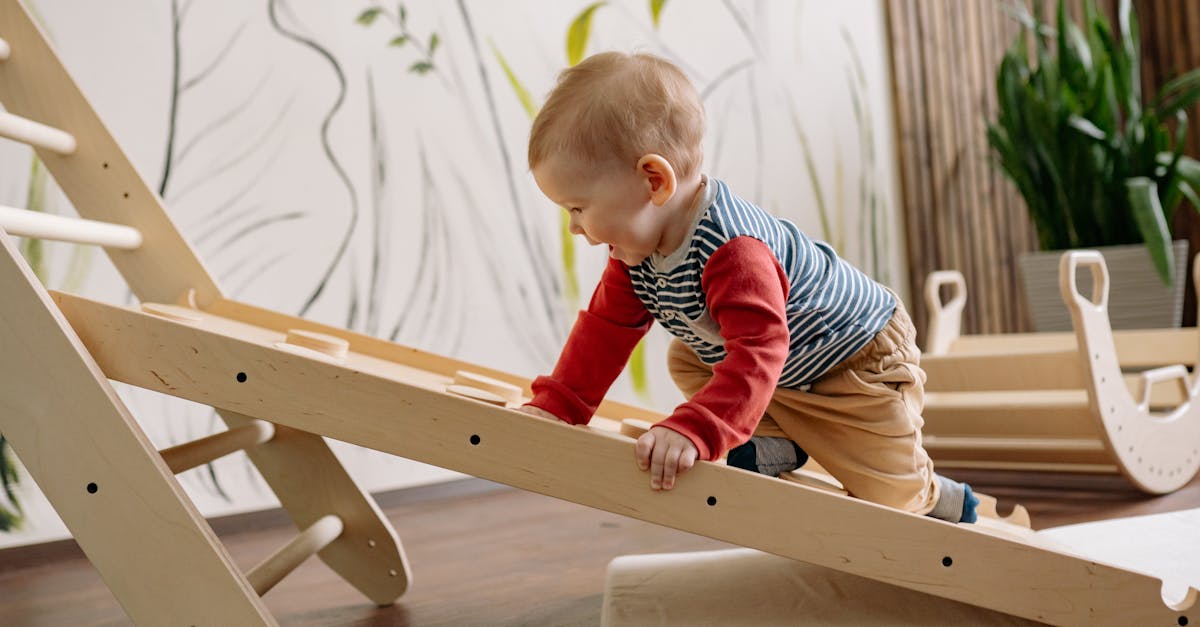Understanding Colic: The Rocky Start
Dealing with a colicky baby can feel like you’re on a never-ending rollercoaster. Remember the first time your little bundle of joy came home? All those blissful images of parenting quickly turned into a desperate search for the mute button. Colic, marked by prolonged periods of inconsolable crying, leaves many parents feeling helpless. But here comes the good news: this phase is temporary. Understanding colic and implementing coping strategies can transform this tumultuous time into a period of growth for both of you.

The Soothing Power of Routine
Establishing a consistent routine is like finding a secret passage out of Colic Castle. It may not solve all problems, but it’s a step toward peace. Regular sleeping times, feeding schedules, and even calming bedtime rituals can make a world of difference.
Imagine your day transitioning from unpredictable outbursts to a somewhat predictable pattern of eat, sleep, and play. It’s the little victories that count, and before you know it, you’ll both be on a smoother path.

Diet Tweaks for a Happier Tummy
Ever consider that what’s on the menu could affect your baby’s mood? Minor adjustments in feeding can lead to major changes in comfort. For nursing moms, cutting back on caffeine or dairy might be the game changer. Bottle-feeding? Experimenting with different formulas could be key. Picture your baby going from a fussy eater to a content little munchkin, all with a few diet tweaks. It’s not about perfection but finding what works best for you and your baby.

Consider making these diet tweaks to ensure a happier tummy for your little one:
- Cut Back on Caffeine: If you are nursing, reducing your caffeine intake can help alleviate your baby’s discomfort.
- Avoid Dairy: Some babies may be sensitive to dairy products, so eliminating or reducing dairy in your diet might improve your baby’s tummy happiness.
- Experiment with Formulas: For bottle-feeding parents, trying different formulas can make a significant difference in your baby’s digestion and overall well-being.
The Magic of Movement
Never underestimate the power of a good sway or stroll. Movement can be soothing for babies, especially those with colic. Whether it’s a gentle rock, a quiet walk, or even a car ride, movement mimics the comforting environment of the womb. Visualize the transition from tears to tranquility, all thanks to the magic of gentle motion. And let’s be honest, a little peace for baby means a moment of sanity for you.

Emotional Support for You and Your Baby
The emotional rollercoaster of parenting a colicky baby is real. It’s okay to feel overwhelmed, frustrated, or even disconnected. Finding support, whether through family, friends, or online communities, can be a lifeline. Imagine sharing your journey and discovering you’re not alone. This journey is not just about calming your baby but also nurturing your emotional well-being. Through support, laughter, and sometimes tears, you’ll find strength you never knew you had.

Fostering Independence: The Toddler Years
As your baby grows into a toddler, fostering independence becomes the new focus. This journey from colicky baby to calmer toddler isn’t just about overcoming challenges; it’s about celebrating growth. Encourage self-feeding, exploring, and play. Envision your little one developing into a curious, more independent toddler. It’s a bittersweet reminder that with each new phase comes new joys and challenges. Here’s to the next adventure!

Let’s embrace this stage filled with milestones and discoveries. Remember to cherish the precious moments and guide your toddler with love and patience. The journey of fostering independence in the toddler years is a rewarding experience for both parent and child. Enjoy every step of this remarkable journey!
